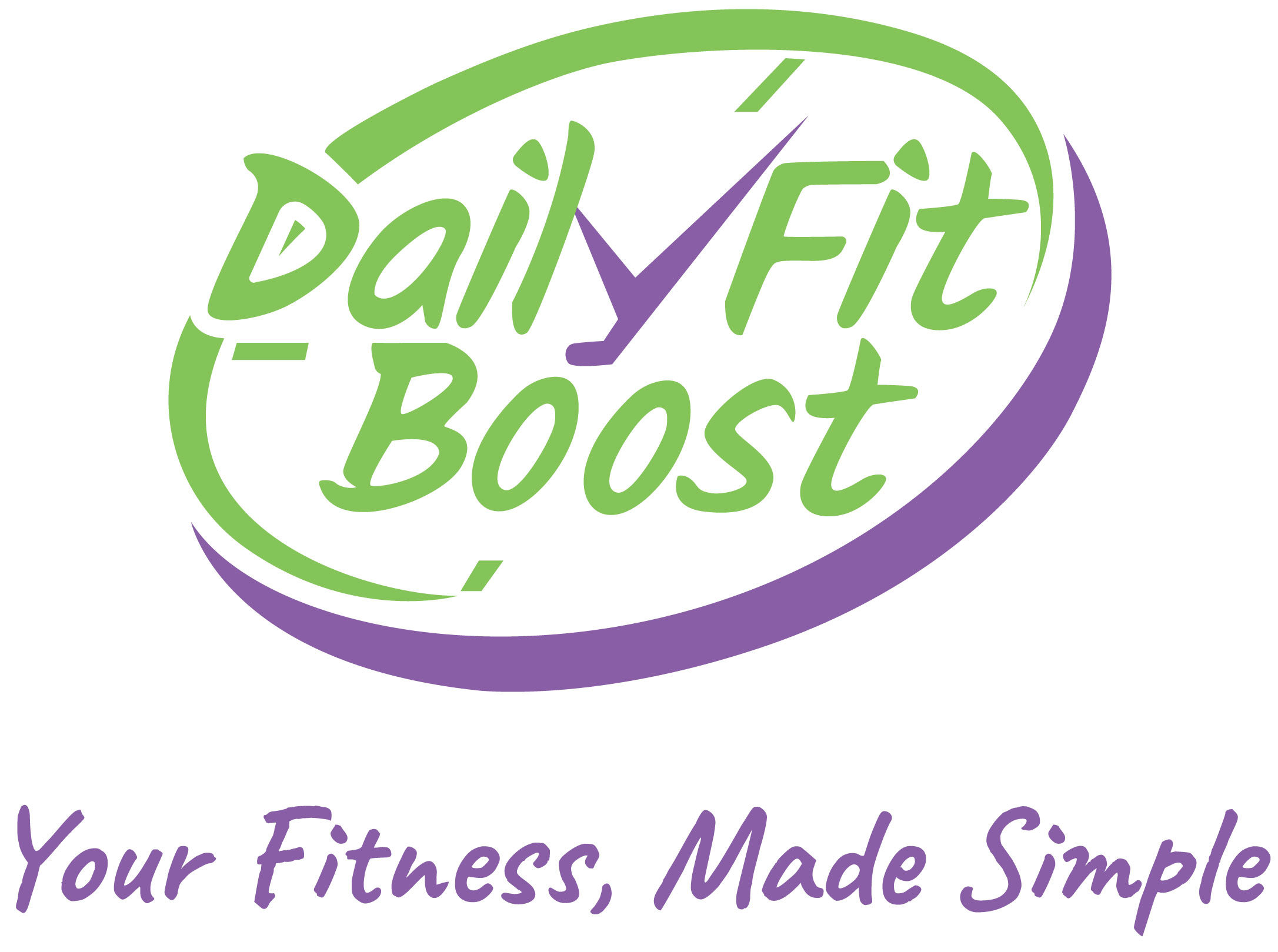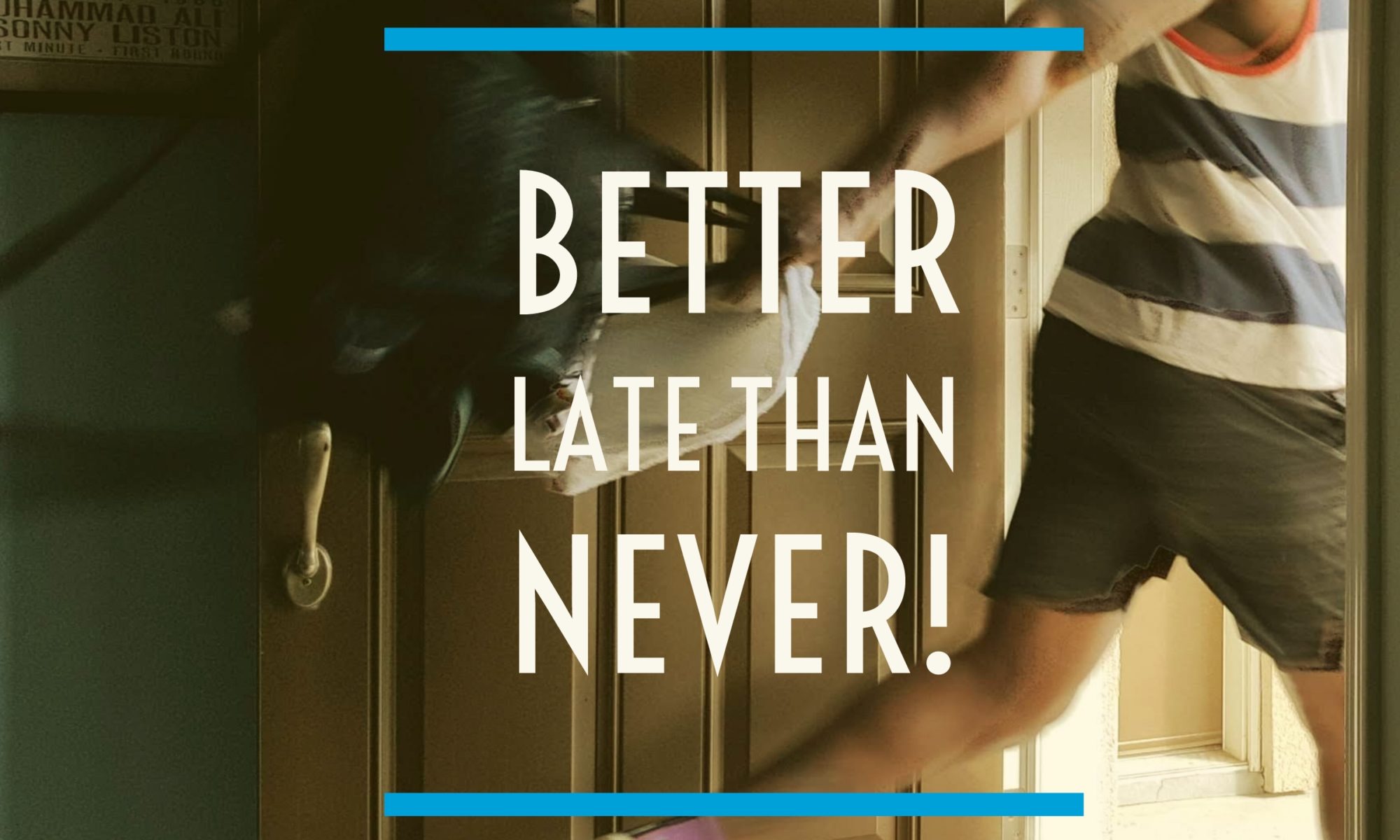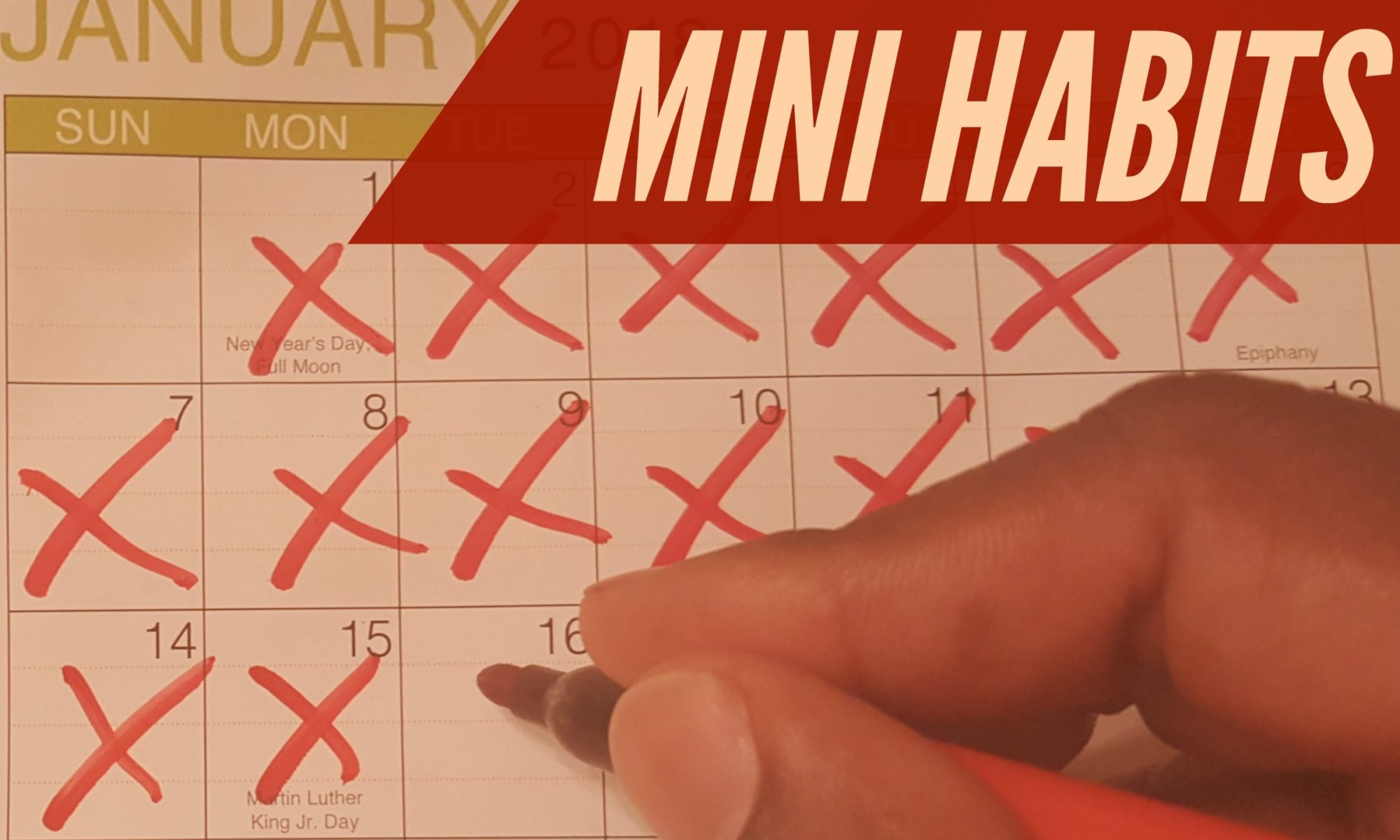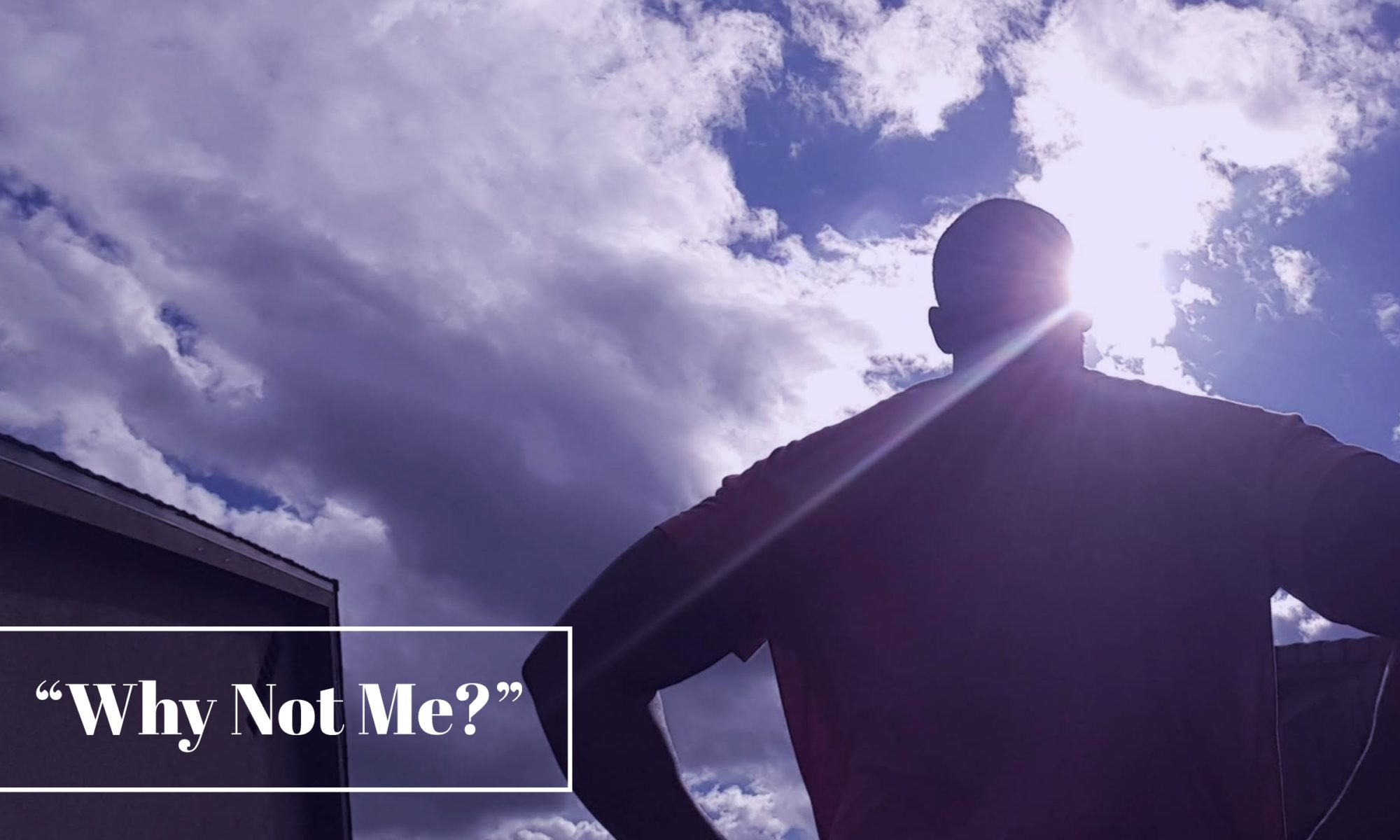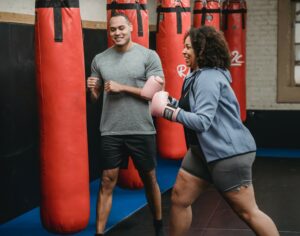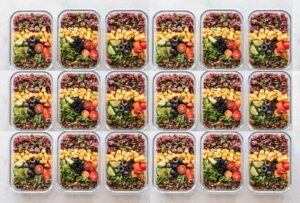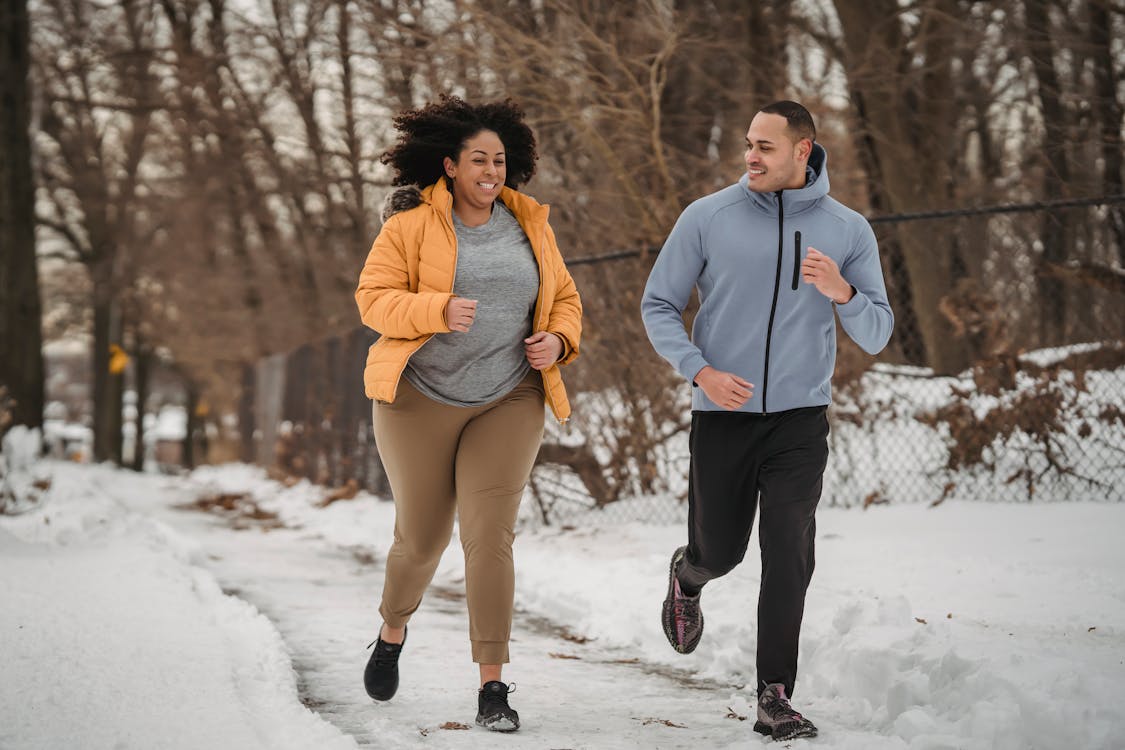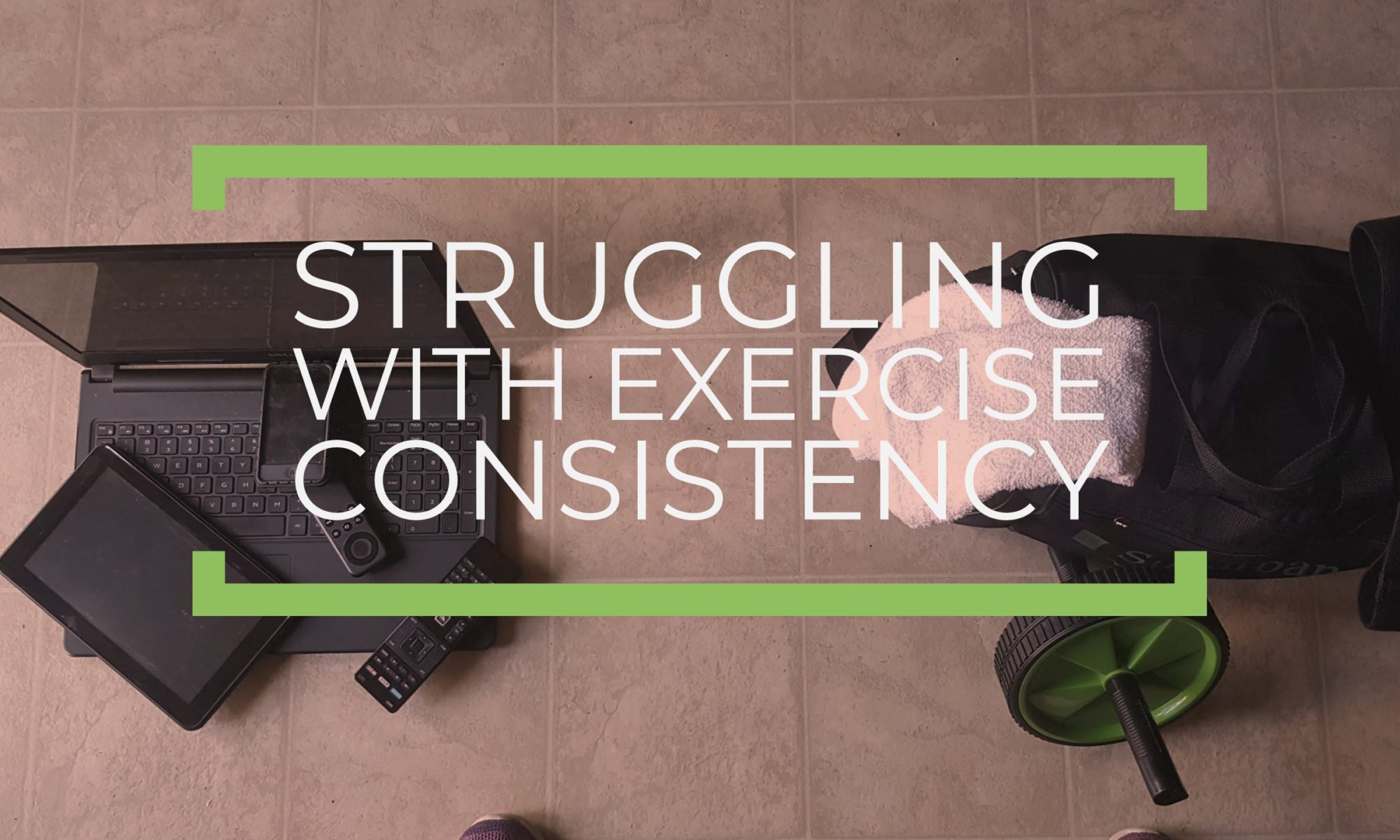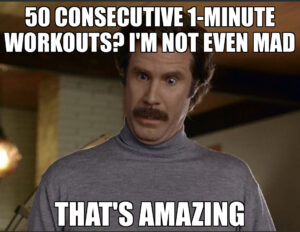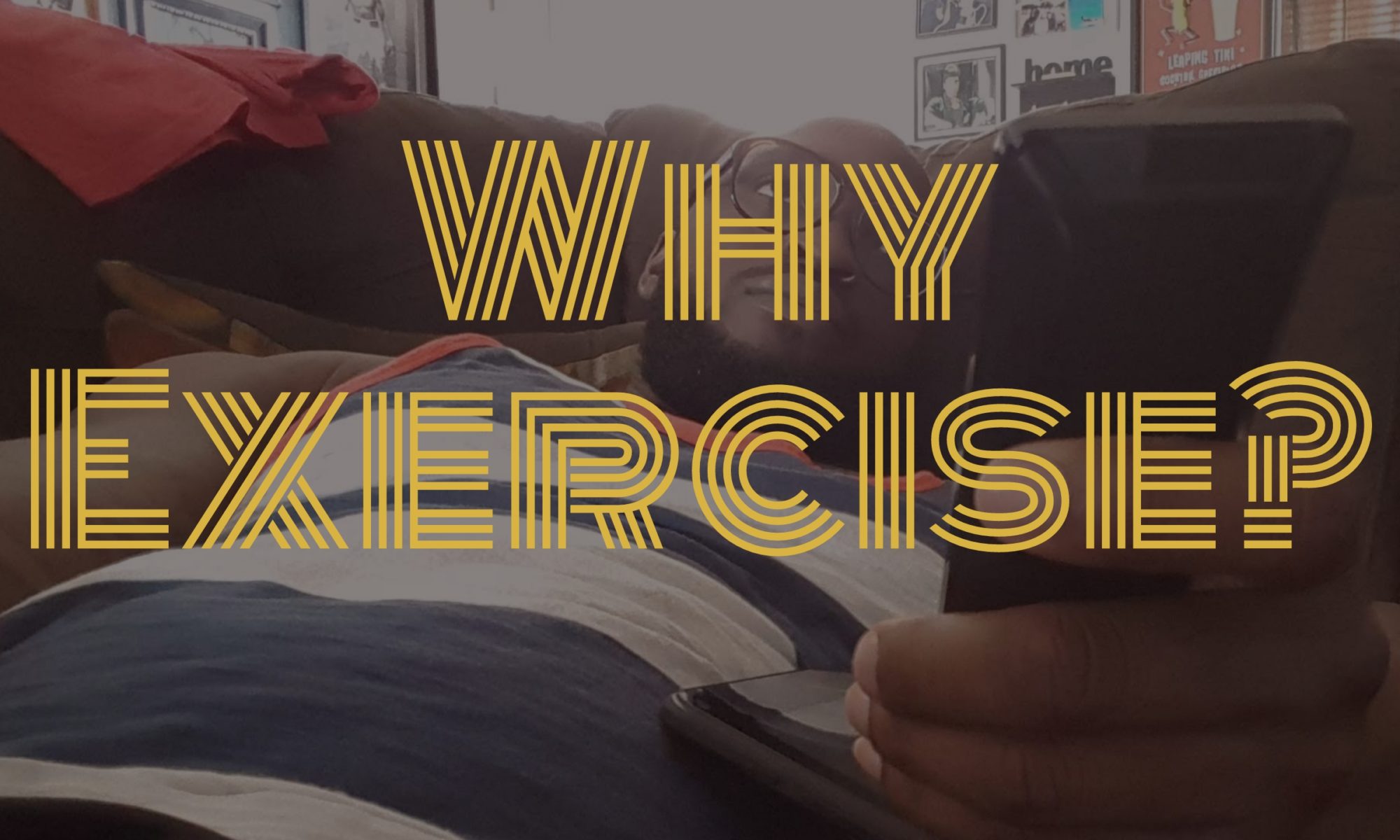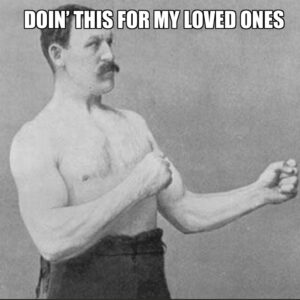“One year from now you’re gonna wish you started a year ago.” -anonymous

This quote is something that I keep in the back of my mind whenever I feel like “the ship has already sailed”. The reason it’s difficult to begin a task after taking time off is often because we start considering where we could or should be. The alternative to this, of course, is to focus on where we’re currently at.
In workout consistency, I discussed how it took me a long time to finally begin playing the guitar consistently. Initially, I had every intention of playing my guitar every day and getting really good at it. However, the “busyness of life” took over and before I knew it five years had passed without me knowing how to play much of anything at all! At that point I could have thrown in the towel, chalked it up as “wasn’t meant to be”, and just sold my guitar. But instead I recognized that in five more years from now I’ll have yet another opportunity to gain back that same five years of experience.
The key takeaway here is to… [*wait for it*] – GET STARTED NOW!

What are some improvement areas in your health and fitness that are “better late than never”? A 5k run? A meal prep plan? A lean body? Perhaps taking the first step means starting a new gym membership.
One of the things that keeps us feeling youthful and vigorous is keeping an optimistic outlook towards the future. In life, when we tell ourselves that it’s “better late than never” we give ourselves another opportunity to make things right. We know that we prioritize the things most important to us, so why not take advantage of time management strategies like Mini-Habits to get started? 🙂
Those of you who truly want this will have no problem getting started TODAY!
Trust me, your future-self will thank you 😉
Key Takeaways:
- Focus on where you’re currently at (today), rather than where you “should or would” be
- Starting “late” rather than never
- We will always be able to make time for things that are important to us
- A year from now you’ll be grateful you started a year ago
